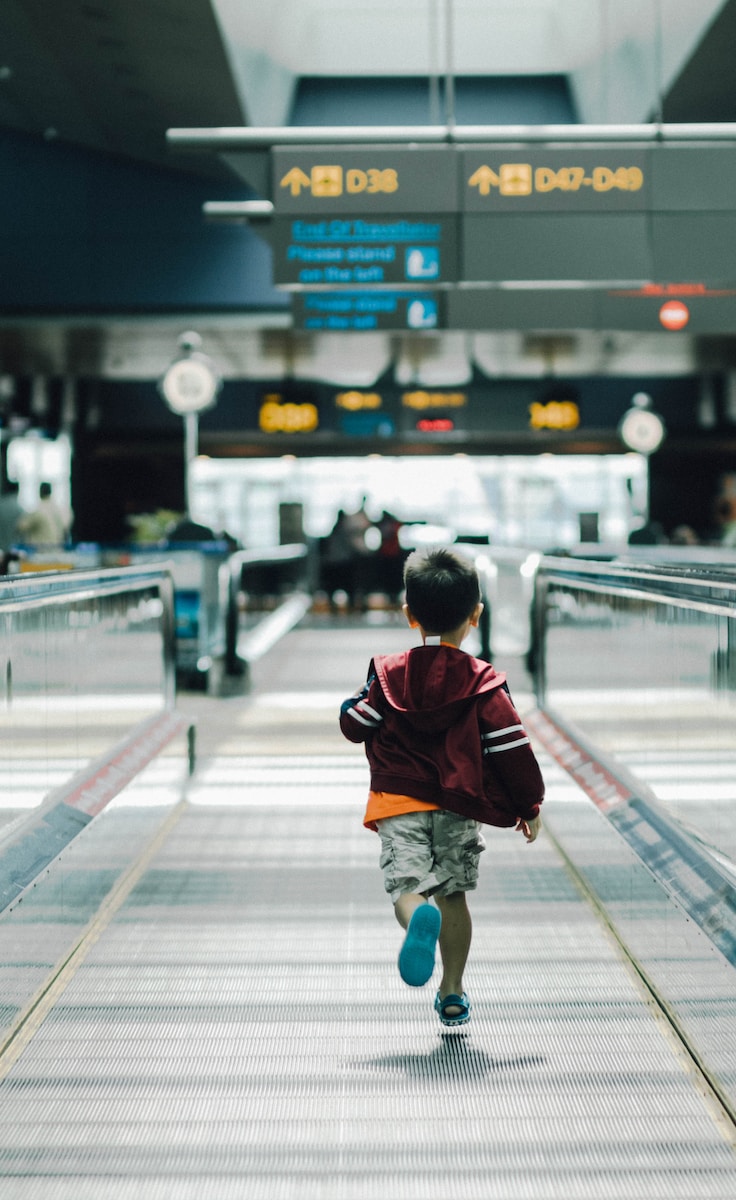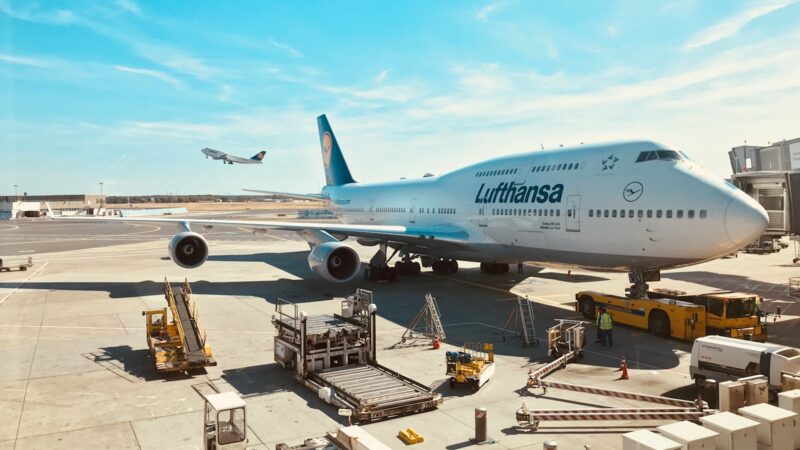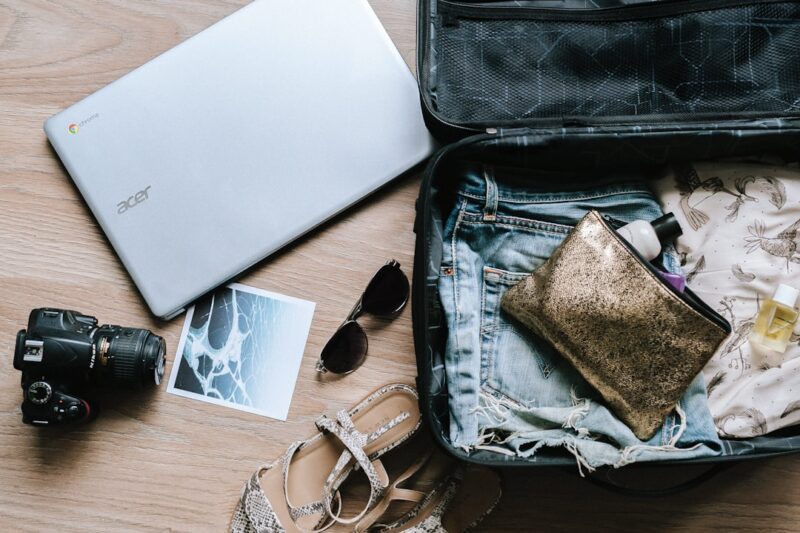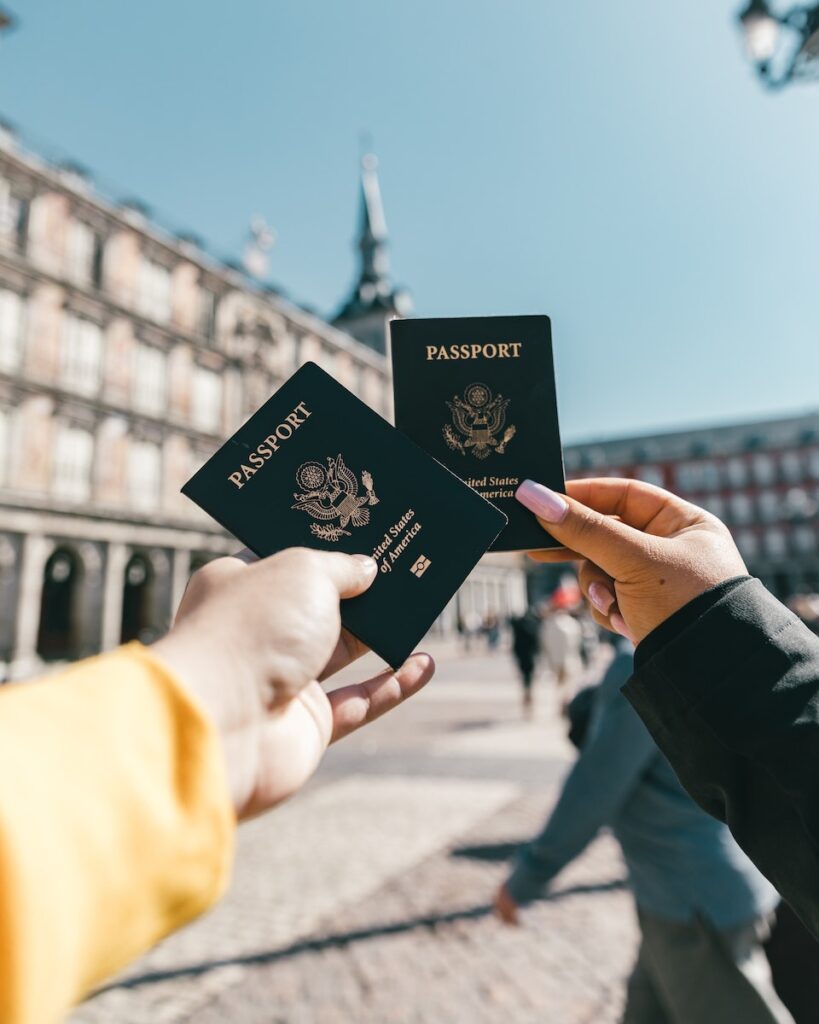
Traveling abroad is an exciting and enriching experience that allows you to explore new cultures, meet new people, and create unforgettable memories. However, it’s important to prioritize your safety while traveling to ensure that you have a positive and enjoyable experience. Whether you’re a seasoned traveler or planning your first trip abroad, there are several precautions you can take to stay safe and healthy while exploring new destinations.
Before embarking on your journey, it’s essential to research your destination thoroughly. The U.S. Department of State provides up-to-date travel advisories and safety information for every country, which can help you make informed decisions about your itinerary. Additionally, it’s a good idea to register your trip with the State Department’s Smart Traveler Enrollment Program (STEP), which can provide you with important updates and assistance in case of an emergency while traveling abroad.
Once you arrive at your destination, there are several steps you can take to ensure your safety. These include being aware of your surroundings, avoiding risky behavior, and keeping your valuables secure. It’s also important to have a plan in case of an emergency, such as knowing the location of the nearest embassy or consulate. By taking these precautions, you can enjoy your travels with peace of mind and make the most of your time abroad. We’ll go over safety tips in more detail below.
You might also be interested in this post which overviews the safest airlines and this one that lists the safest countries for female travelers.
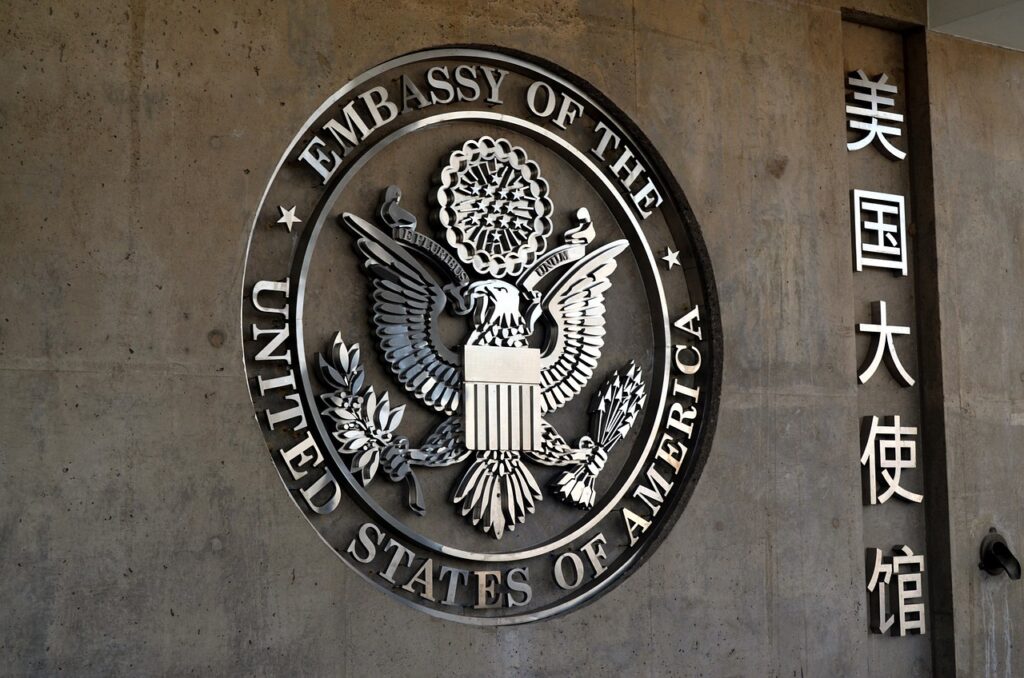
Table of Contents
ToggleResearch Your Destination
One of the most important things you can do before traveling abroad is to research your destination. This will help you understand the local customs, laws, and potential risks, and allow you to plan accordingly. Here are some tips to help you research your destination:
- Read travel guides and websites: Travel guides and websites can provide you with valuable information about your destination, including the best places to visit, local customs, and safety tips. Websites like Versed Traveler, TripAdvisor, Lonely Planet, and Fodor’s are great resources for travelers.
- Check the State Department’s website: The State Department’s website provides up-to-date information on travel advisories, entry and exit requirements, and local laws and customs. It’s important to check this information before you travel to ensure that you have all the necessary documents and information.
- Learn the local language: Learning a few key phrases in the local language when traveling abroad can help you communicate with locals and navigate your way around the city. Websites like Duolingo and Babbel offer free language courses and can help you learn the basics.
- Research local customs: Different cultures have different customs and traditions, and it’s important to be aware of them before you travel. For example, in some countries, it’s considered rude to tip, while in others, it’s expected. Researching local customs can help you avoid offending locals and help you blend in with the local culture.
- Research local laws: Laws can vary widely from country to country, and it’s important to be aware of local laws before traveling abroad. For example, in some countries, it’s illegal to drink alcohol in public, while in others, it’s legal. Researching local laws can help you avoid getting into trouble with the law. There are many horrific stories of people traveling abroad in foreign countries, mistakingly breaking a seemingly small law, and suffering unthinkable consequences.
By taking the time to research your destination before you begin traveling abroad, you can ensure that you have a safe and enjoyable trip. Remember to always be respectful of local customs and laws, and to stay aware of your surroundings at all times.
Protect Your Health While Traveling Abroad
It’s essential to take steps to protect your health before and while traveling abroad. This includes getting vaccinated against diseases that may be prevalent in the country you’re visiting. Start by checking the Centers for Disease Control and Prevention website for vaccination recommendations based on your destination. You may also want to schedule a pre-travel health assessment with your healthcare provider to ensure you’re up to date on all necessary vaccinations.
In addition to vaccinations, you should also prepare for possible health issues that may arise as you are traveling abroad. This includes researching country-specific health risks and safety concerns. The CDC website provides information on common health risks, such as food and waterborne illnesses and insect-borne diseases like malaria and Zika. You should also research the availability of medical care in your destination, including hospitals, clinics, and emergency services.
It’s also important to pack a travel health kit with essential items such as prescription medications, over-the-counter medications, insect repellent, sunscreen, and first aid supplies. Make sure to bring enough medication to last the duration of your trip, plus a few extra days in case of travel delays. If you have a chronic medical condition, bring a letter from your healthcare provider outlining your condition and necessary medications.
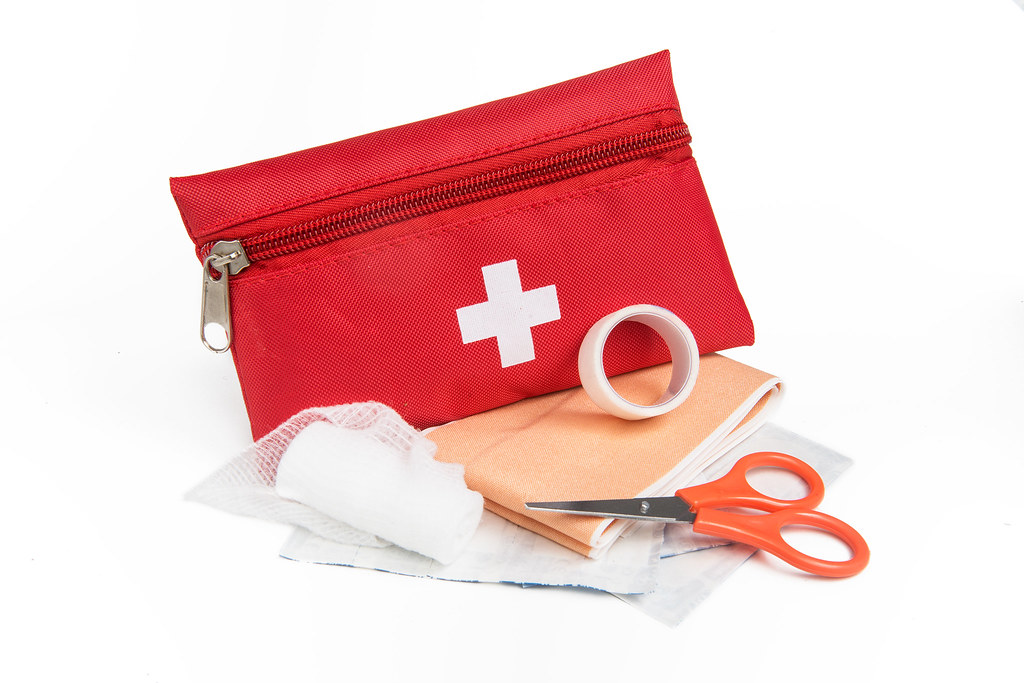
Finally, consider purchasing travel health insurance to cover medical expenses in case of illness or injury. Many standard health insurance plans do not cover medical expenses incurred abroad, so it’s important to have adequate coverage before you leave.
Secure Your Belongings and Documents
When traveling abroad, it is essential to keep your belongings and documents safe and secure. Losing your passport, credit cards, or other important documents can be a nightmare, and it can ruin your entire trip. Here are some tips to help you secure your belongings and documents:
- Carry your passport, cash, and credit cards in a money belt or a pouch that is hidden under your clothes. This will make it difficult for pickpockets to steal from you.
- Do not leave your belongings unattended in public places, such as cafes, restaurants, or airports. Always keep an eye on your bags, and do not trust strangers who offer to watch them for you.
- Use a lock to secure your luggage when traveling by train or bus. This will prevent someone from opening your bag and stealing your belongings.
- Make copies of your passport, credit cards, and other important documents, and keep them in a separate place from the originals. This will make it easier to replace them if they are lost or stolen.
- Consider using a luggage tag that does not reveal your personal information, such as your name and address. Instead, use a tag with a unique identifier or a code.
By following these simple steps, you can help prevent theft and keep your belongings and documents safe and secure while traveling abroad.
Stay Connected and Informed
When traveling abroad, it’s important to stay connected and informed. Here are some tips to help you stay connected and informed:
- Before traveling abroad, research the local customs and laws of your destination country. This will help you avoid any misunderstandings or legal trouble.
- Make sure to have a copy of your passport and other important documents in case they are lost or stolen. Keep them in a secure location, such as a hotel safe.
- Consider purchasing a local SIM card or an international data plan for your phone. This will allow you to stay connected with friends and family back home, as well as access important information online.
- Download apps such as Google Translate, Maps, and a currency converter to help you navigate your destination.
- Stay informed about any potential safety risks, such as natural disasters or political unrest. Sign up for alerts from your embassy or consulate.
- Be wary of public Wi-Fi networks, as they can be insecure and leave your personal information vulnerable to hackers. Use a virtual private network (VPN) to encrypt your internet connection and protect your privacy.
By staying connected and informed, you can make the most of your travels while staying safe and secure.
Respect Local Customs and Laws While Traveling Abroad
When traveling abroad, it is important to respect the customs and laws of the country you are visiting. Every country has its own unique set of customs and laws that visitors should be aware of to avoid any misunderstandings or legal issues. Here are some tips to help you respect local customs and laws:
- Research the country’s customs and laws before you go. This will help you understand what is acceptable behavior and what is not.
- Dress appropriately. In some countries, it is considered disrespectful to dress in revealing or provocative clothing. Make sure to research the dress code for the country you are visiting.
- Be mindful of your actions. Some actions that are acceptable in your home country may not be acceptable in other countries. For example, in some countries, it is considered rude to point your feet at someone.
- Respect religious customs. If you are visiting a country with a different religion than your own, be respectful of their customs and beliefs. This includes removing your shoes before entering a temple or mosque.
It is also important to familiarize yourself with the country’s laws. Ignorance of the law is not an excuse for breaking it. Here are some things to keep in mind:
- Do not bring illegal items into the country. This includes drugs, weapons, and certain types of food.
- Be aware of local traffic laws. In some countries, traffic laws may be different than what you are used to.
- Do not engage in illegal activities. This includes things like gambling or prostitution, which may be legal in some countries but not in others.
- Be respectful of local authorities. If you are stopped by the police, be polite and cooperative. If you are unsure of your rights, seek legal advice.
By respecting local customs and laws, you can help ensure a safe and enjoyable trip abroad. Remember to research the country you are visiting beforehand and be mindful of your actions while you traveling abroad.
Conclusion on Safely Traveling Abroad
Traveling abroad can be an exciting and enriching experience, but it’s important to prioritize your safety and well-being. By taking a few simple precautions and being aware of potential risks, you can help ensure that your trip is a positive and memorable one.
Before you depart, research your destination thoroughly to learn about any health or safety risks you may encounter. Make sure to pack any necessary medications and vaccinations, and purchase travel insurance to protect yourself in case of unexpected emergencies.
While abroad, always be aware of your surroundings and avoid drawing attention to yourself. Keep important documents and valuables secure, and make copies of important documents in case they are lost or stolen. Stay in touch with friends and family back home, and let them know your itinerary and any changes to your plans.
Finally, be respectful of local customs and laws, and avoid engaging in risky behavior. With a little preparation and common sense, you can enjoy a safe and rewarding journey abroad.



